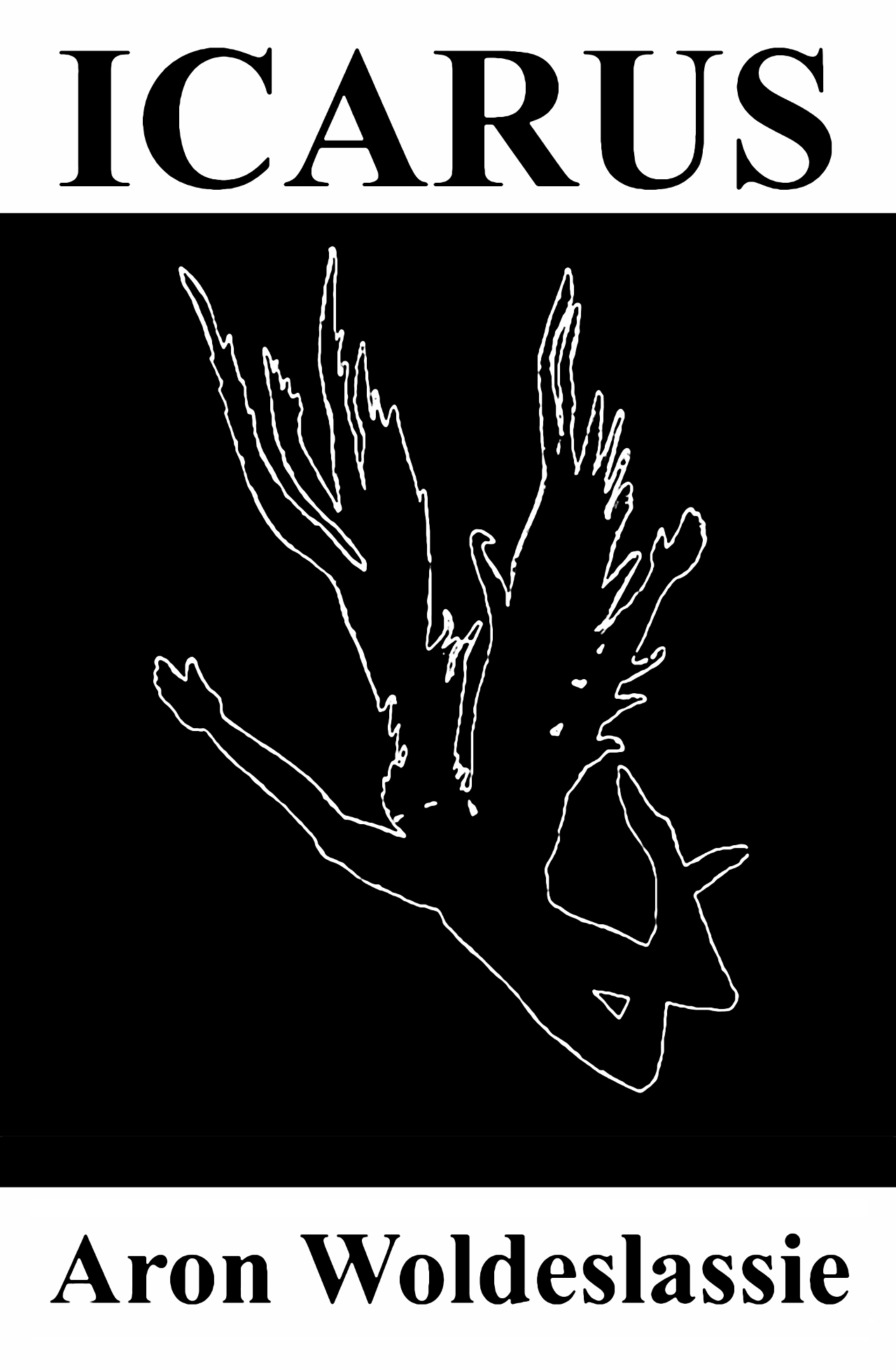Icarus (Part 19)
Lost? Start from the very beginning here! Or find the previous chapter here!
Chapter 15
Cemone had become accustomed to trudging through the dark. Doing so required patience, concentration, and the refusal to ever buy a flashlight. She cursed as she continued to look for the Group’s meeting place, as best she’d deduced it: an old mineshaft dating to the Prohibition Era, now a historic tourist destination in New Hampshire. The Group’s members didn’t ever write down or say directly where they would meet. Instead, they offered vague clues to the past that each member would hopefully decipher. This time, the clue was the wine from their the last meeting—or rather, the fact that they’d served it from an archaic brandy-bottle that had been recently discovered in the mine.
Cemone rolled her eyes at this meeting’s organizer. Whenever it was her turn to choose a location, she always picked somewhere worth going. She would also only call members she knew were close by. For this meeting, however, Cemone drove over four hours just to get to New Hampshire. She had checked her watch five times, despite being unable to see it, and arrived very late.
Stepping over a rockpile nearly invisible in the dark, she could just barely see the familiar six figures in the dark mine. She power-walked toward them, narrowly avoiding old tracks and gas lamps, but just before she reached the circle, Cemone stopped a moment to compose herself: even with her prestigious credentials, she always felt out of place among people so esteemed.
“I’m not too late, am I?” Cemone asked. Many of the members shook their heads and she began to identify this lot’s gifts. After several years of working with the Group, Cemone began to understand a few of its unspoken rules. They held each meeting randomly, at the organizer’s discretion. She or he would choose the location, time, and six company members to attend the meeting. While the organizer could call any intelligent person, special preferences were given to inventors, academics, and noteworthy artists; Cemone remembered meeting an MBA at a meeting once, at whom she’d wrinkled her nose. Tonight, their circle comprised two PhDs (including Cemone), an MD, a pianist, an author, a journalist, and an analyst.
“We’ve been talking about the rise of Russia’s immunization rates,” the author explained.
She felt relieved to hear she’d missed it. Their group did little more than discuss boring topics that might eventually become important. Cemone attended only out of obligation to Dr. Cart, but after two years, her sense of obligation had begun wearing thin.
“Carry on, please. I’ll get caught up,” Cemone said, and the Group continued with its evening agenda. They discussed many subjects: the fall of a prominent archbishop; changing ink prices; hidden fluoride effects; the cartography of rural China. Cemone contributed the effect of the moon’s relationship with disappearing icebergs and climate change.
Eager to pass the time, Cemone began looking for the bottle of wine. With the meeting winding down, others had started getting antsy too. The analyst held the bottle, and everyone stared at both him and it.
The Group’s discussion reached a lull, and Cemone could see the light of the sunrise peeking into the mineshaft. “Is there anything else for tonight?” she asked, slightly bothered by the meeting’s content.
Everyone looked at the man and the wine. As the bottle-bearer, he had both the power to end this meeting, and the obligation to organize the next. There, he’d give the bottle to someone else, who would then continue the cycle.
“I have something,” the analyst replied. Cemone and the rest of the Group sighed. The analyst did not notice. “Although, I have troubles with presenting my information today. I did not expect to see you here, Cemone.”
Cemone cocked her head bemusedly. She couldn’t take his accent seriously: hearing the effect of his native French, she couldn’t help but assume that whatever he had to say would be as trivial as rising ink prices.
“It’s fine,” Cemone said. “Let’s just get this over with.”
After some time to collect himself, the Frenchman began to speak. “Following channels through Hungary, I’ve discovered an assassination plot targeting an American chemist living in New York.”
His words surprised Cemone. She had assumed him a different kind of analyst: the numbers-to-logic kind, not the politics-to-murder kind. While his information was dramatic, Cemone still felt unfazed. People were reported dead (or soon to be dead) a lot at these meetings. She knew a few chemists, but none to whom she felt particularly close. After so much time with the Group, she had become desensitized to killings, and (unfortunately) even appreciated the news. Something about knowing when a political assassination would take place made listening to the news more worthwhile. The effect led her to becoming worldlier, which enhanced her poor communicative powers at parties.
“The ‘hit’ is being financed through an industrial collective in Germany. It appears to be corporate espionage. However, nothing in my years of experience can validate such a claim, as the chemist has nothing to do with the company. The only thing that I am certain is that the contract calls for the man’s torture and murder sometime soon.”
The Frenchman paused. The Group looked on in silence, expecting some reaction, but Cemone had remained as she was.
“Is the chemist in question someone I work with at Columbia?” Cemone asked.
“No.” he replied.
“Then why would I care?”
“I was told the target was The Geisha of Columbia,” the Frenchman said—and then, in case anyone there didn’t know the name: “Your husband.”
